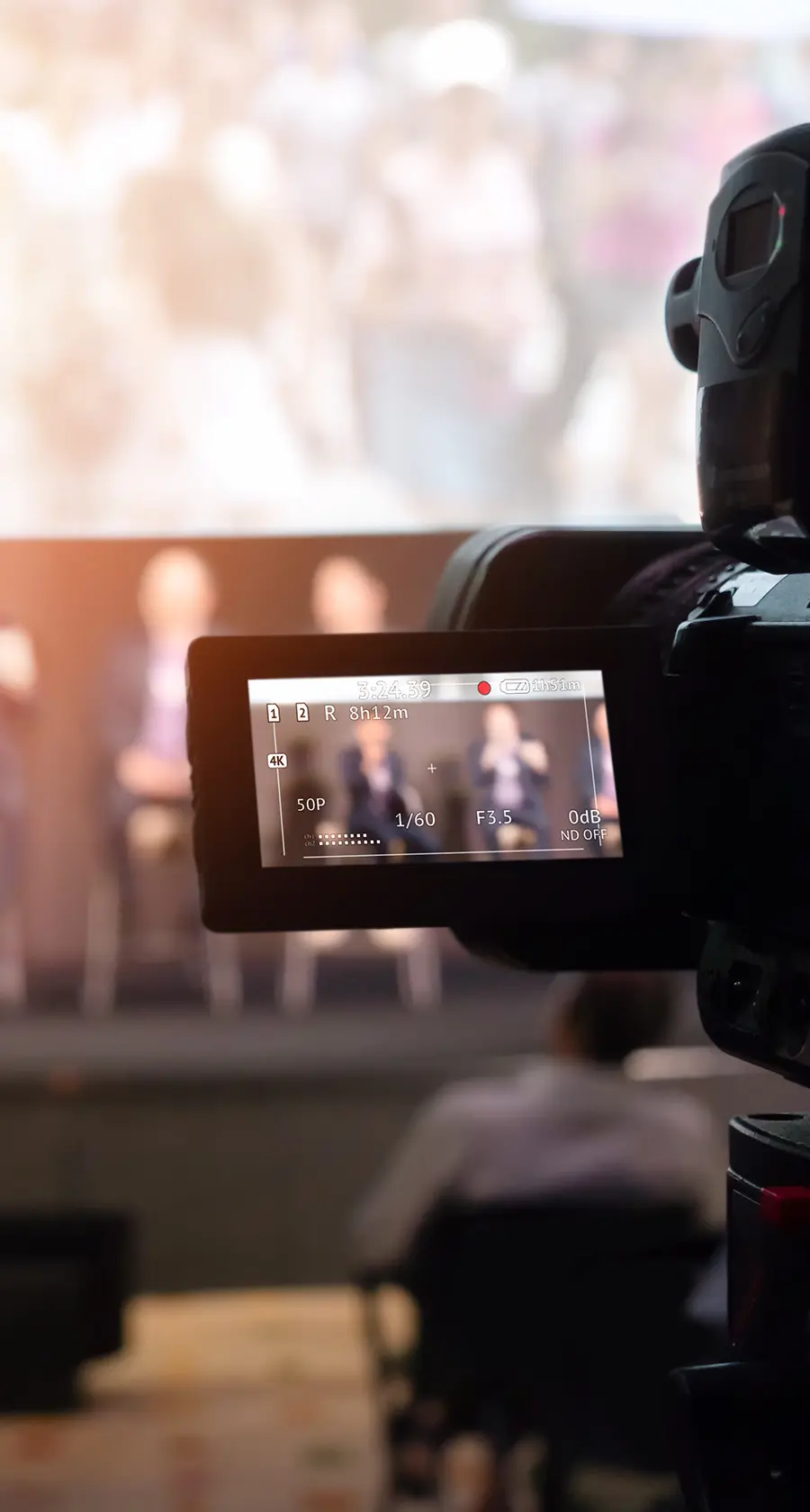
Hearts & Minds: Can AI learn to avoid a dotcom crash?
14 July 2025
Subscribe to receive Hearts & Minds daily
In the late ‘90s, PRs were excitedly proclaiming how this or that e-commerce start-up was the biggest thing ever, how it was going to transform the way we shopped and lived our lives. Journalists were taken round ‘dotcom incubators’, units that had been ‘transformed’ into futuristic powerhouses. There were young folks dressed in black, hunched over screens. On the walls were whiteboards covered in arrows, initials, and percentages. The roof was always a terrace with sofas, a DJ booth, a barbecue, and a bar.
Then, they just vanished. The crash came, and they shut.
Some 25 years later, history may be in danger of repeating itself, as it often does, says The Sunday Times. The paper’s West Coast correspondent, Danny Forston, compares his arrival at a San Francisco dotcom, fresh out of university, and its subsequent implosion, with what is unfolding today in the Valley and on Wall Street. It’s eerily similar, with valuations for anything that promises to alter the AI landscape soaring and the salaries of those that can make it happen hitting undreamt-of heights. Billion-dollar increases in market caps; $200m to move across. Wow, wow, and triple wow.
Except, as Forston says, it has a familiar ring.
The numbers may be much greater and the tech more advanced, but the boosterish language, people piling into businesses that have no product, no sales and no profits, carry worrying echoes. Daily, journalists’ inboxes contain emails declaring this or that company is using AI to become ‘the one’. That is not how they’re worded exactly but they might as well be, because that is the underlying message. That’s also how it was back then. A handful will emerge as global businesses as they did from 1999. Equally, many others are likely to perish.
As Peter Thiel has said: ‘My place holder is that it’s roughly on the scale of the internet in the late ’90s. It might be enough to create some great companies. And the internet added maybe a few percentage points to gross domestic product, maybe 1 per cent to GDP growth every year for 10, 15 years. It added some to productivity. That’s roughly my placeholder for AI.’
The comms trick is to not get too carried away. Keep your head and your reputation. Difficult, but do try.
The lemmings could be heading to the cliff again. But it might not happen. After all, that was a myth propagated by Disney. AI tells us that.
Chris Blackhurst is one of the UK’s foremost business journalists. He was previously Editor of The Independent and City Editor of the Evening Standard.
Summary
AI hype mirrors the late-’90s dotcom frenzy: wild valuations, bold promises, few profits. History warns most will fail, a few will soar. Don’t get swept up—keep your head. Tech advances, but speculative exuberance and risk remain eerily familiar.
Author

Chris Blackhurst
Former Editor and Strategic Communications Adviser
Related Newsletters
